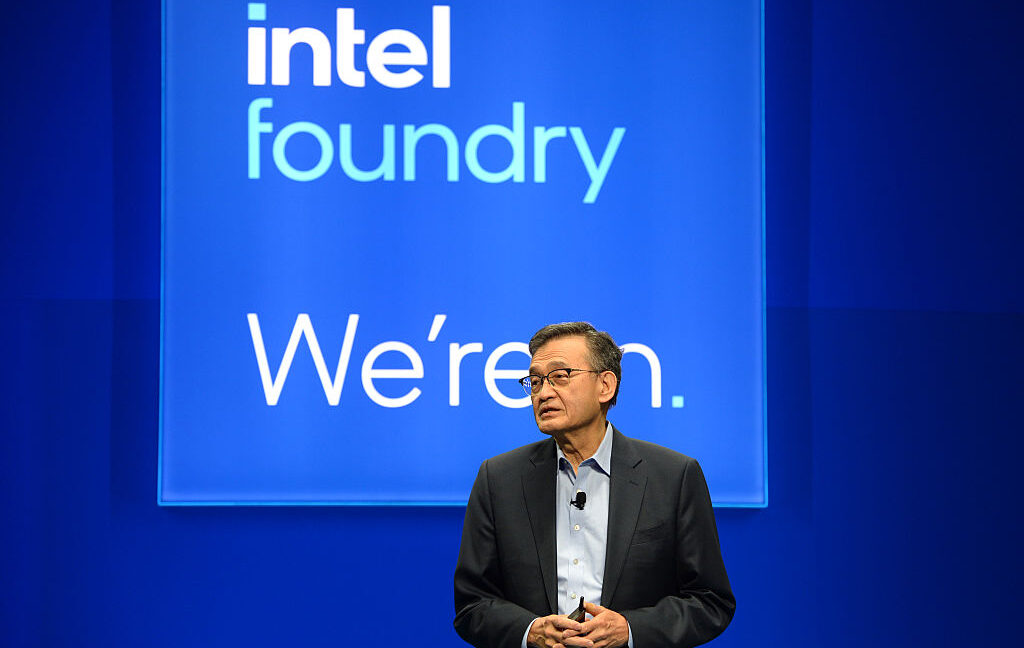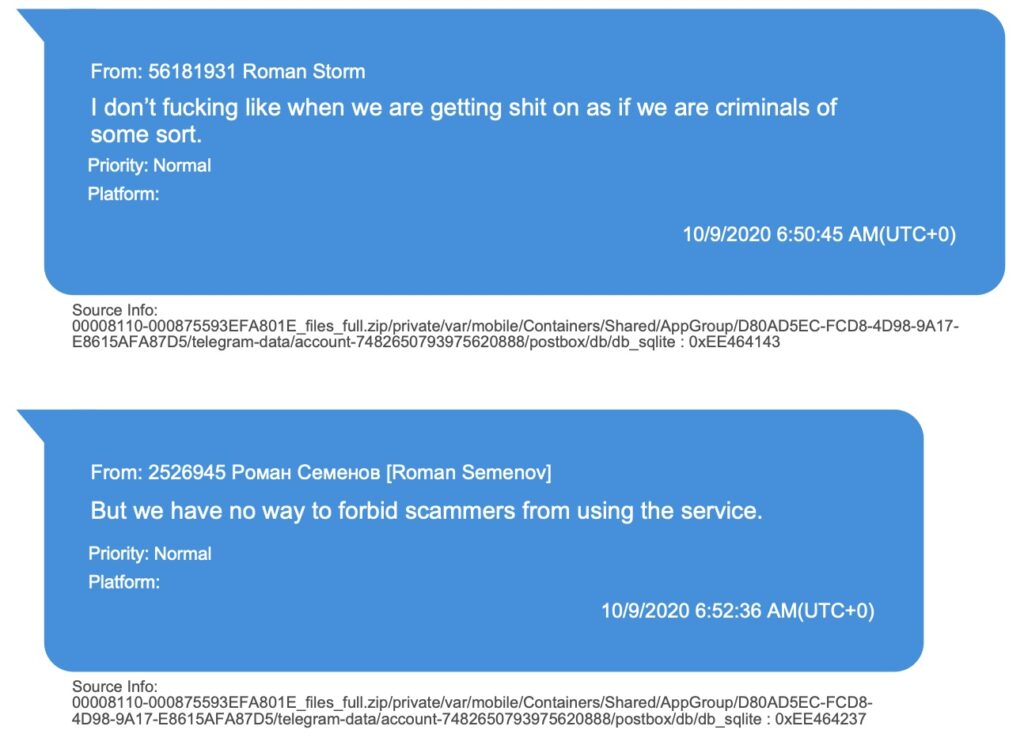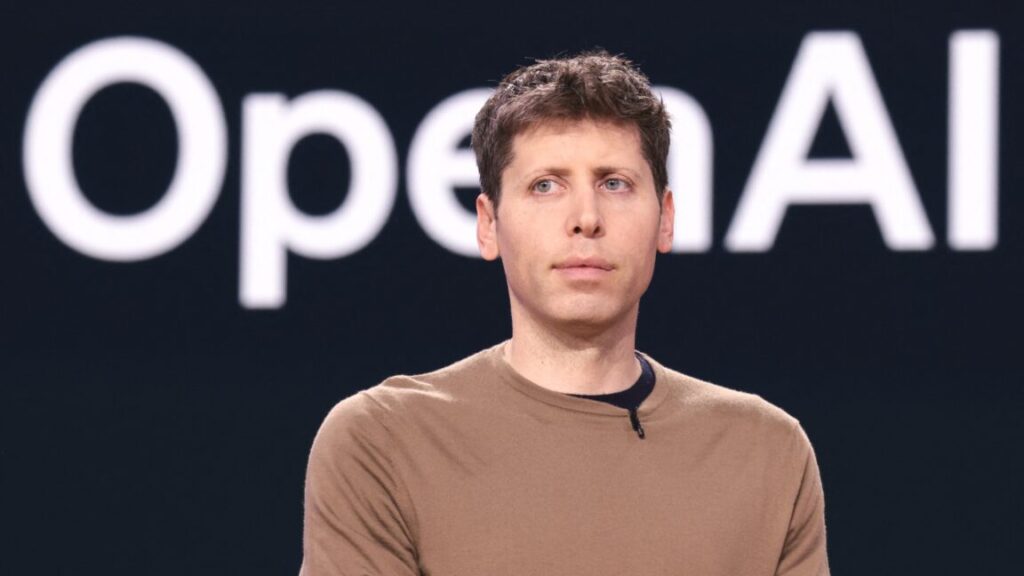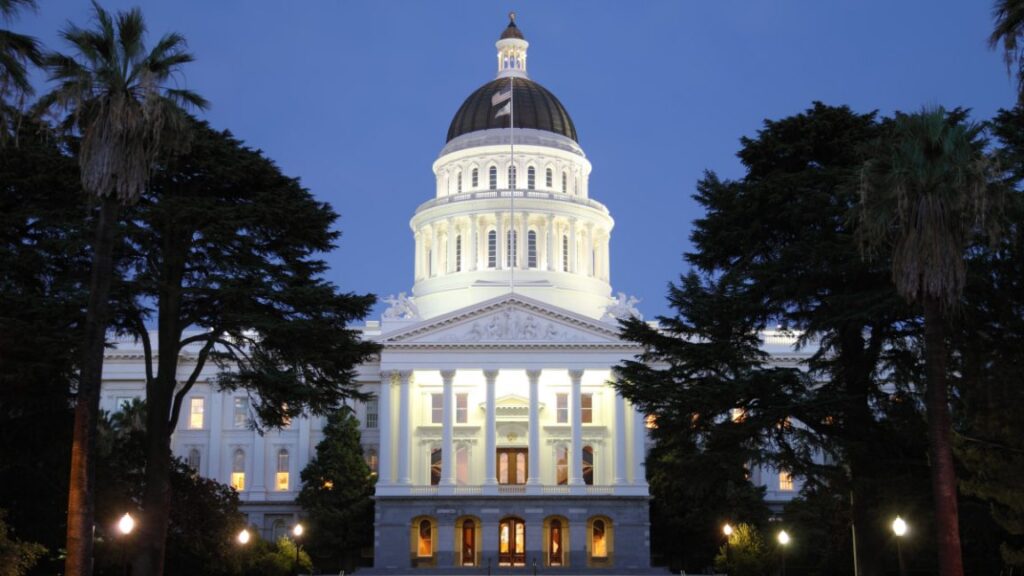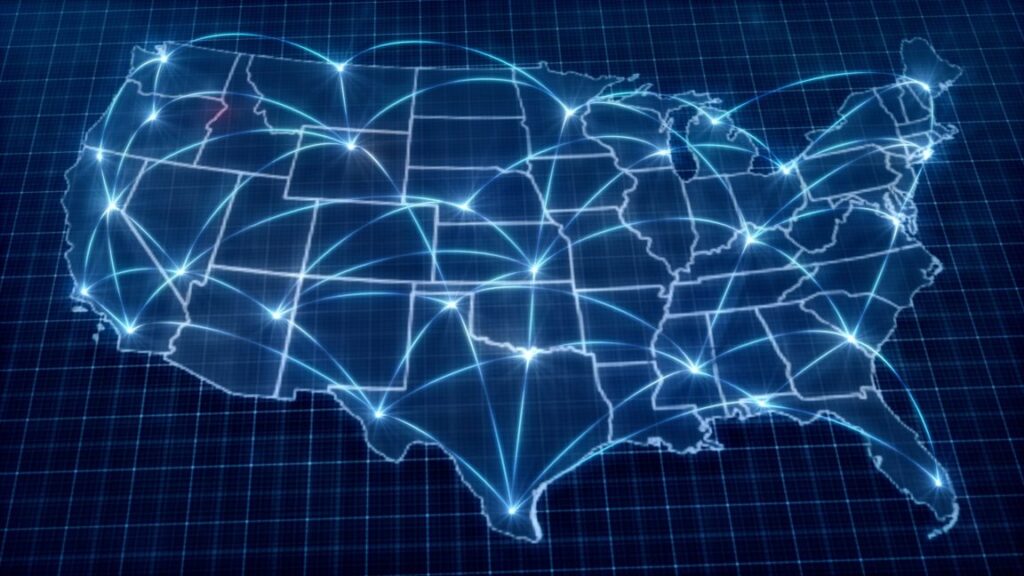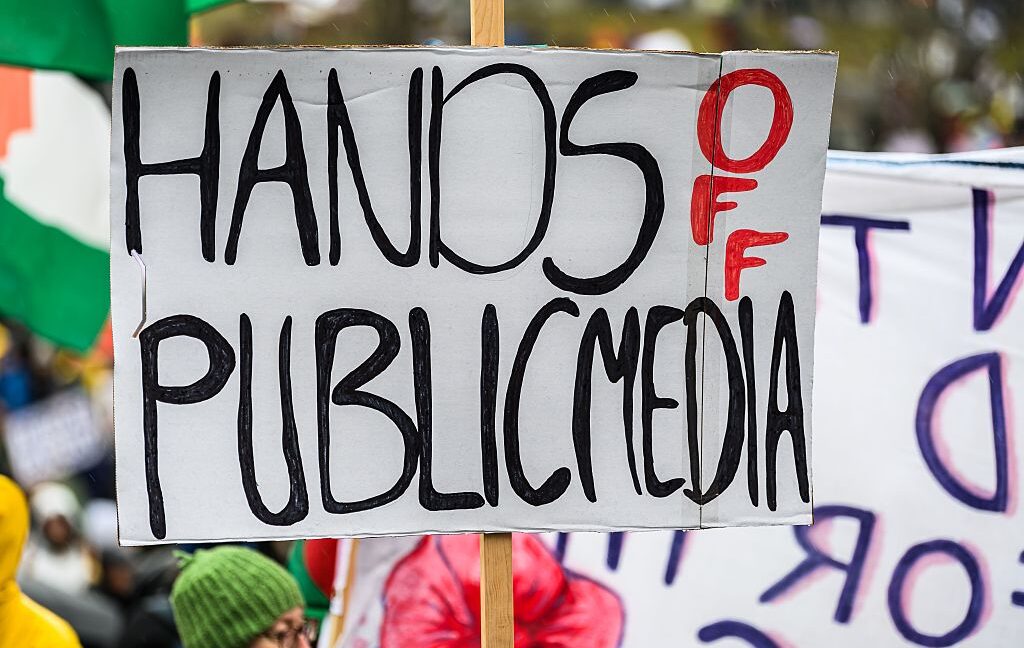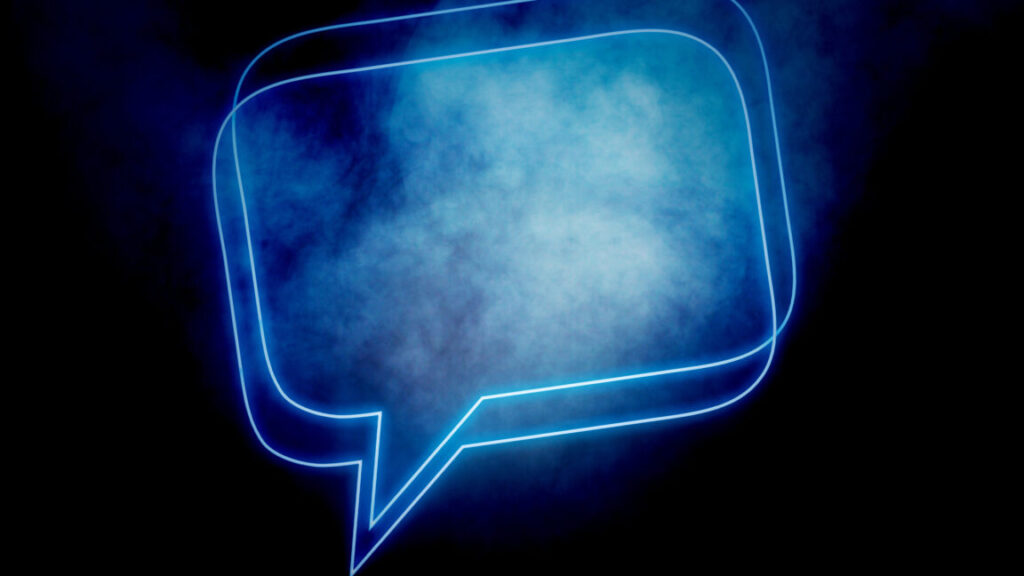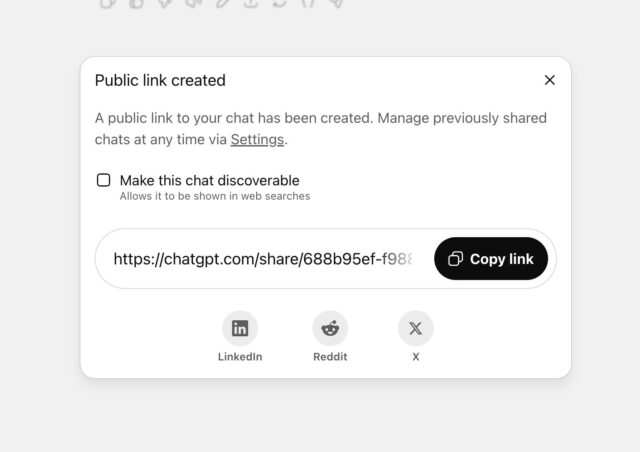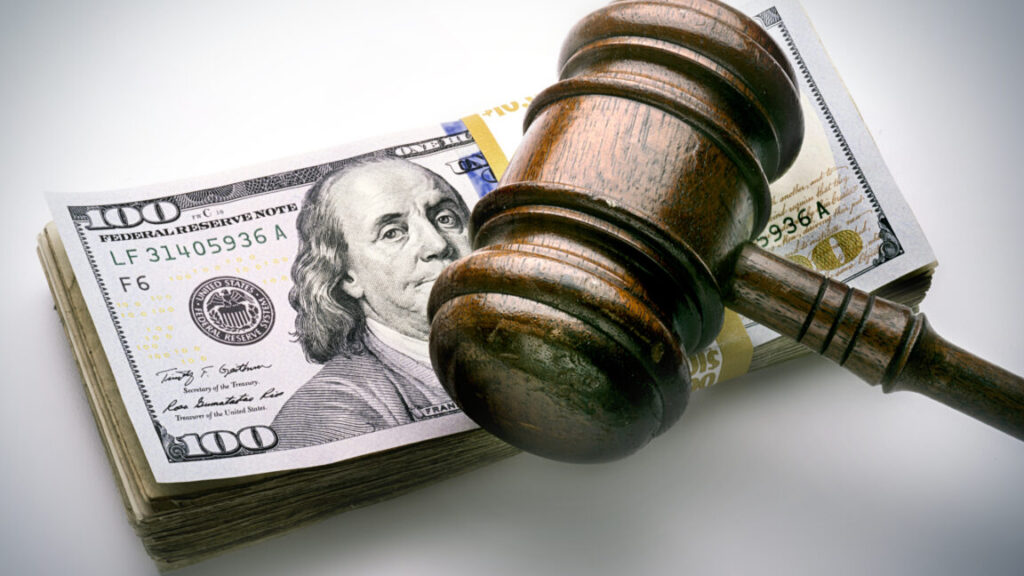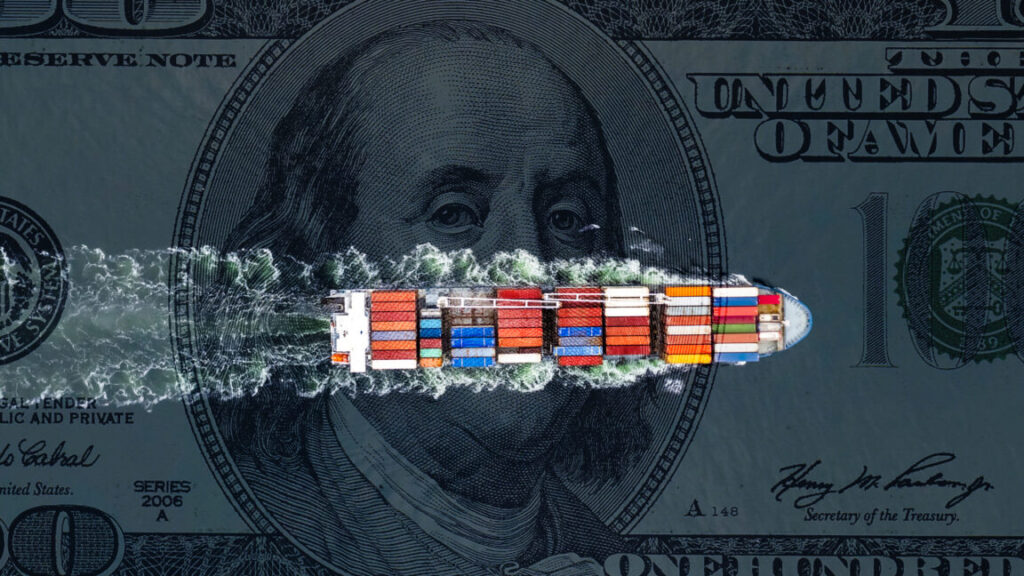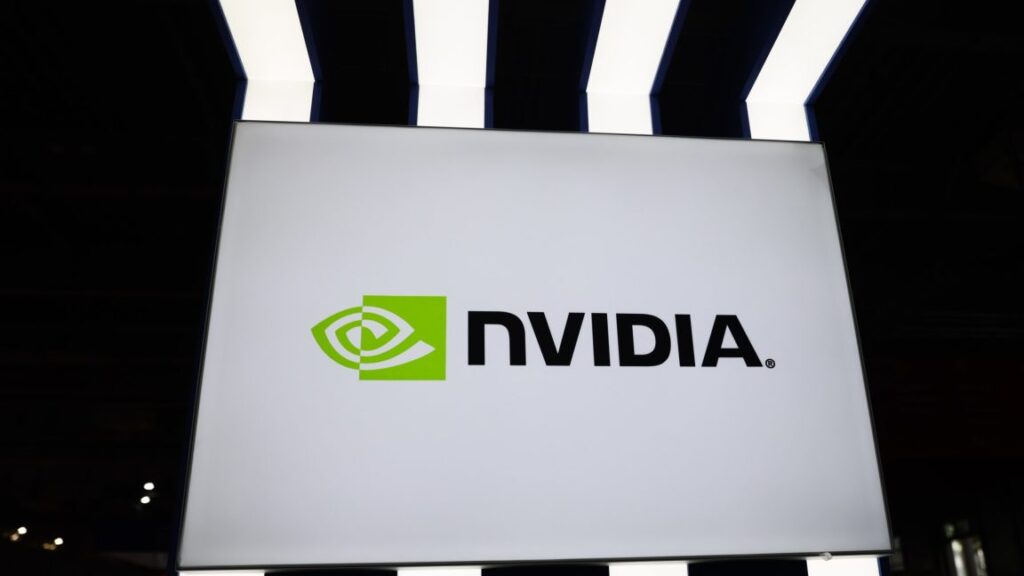President Trump says Intel’s new CEO “must resign immediately”
Intel and the White House did not immediately respond to a request for comment on Trump’s post. Intel shares dropped 3 percent in pre-market trading in New York.
Tan was appointed as Intel CEO in March after the Silicon Valley company’s board ousted his predecessor, Pat Gelsinger, in December.
Intel is the only US-headquartered company capable of producing advanced semiconductors, though it has so far largely missed out on the current boom for artificial intelligence chips. It has been awarded billions of dollars in US government subsidies and loans to support its chip manufacturing business, which has fallen far behind its rival Taiwan Semiconductor Manufacturing Company.
However, amid a radical cost-cutting program, Tan warned last month that Intel might be forced to abandon development of its next-generation manufacturing technology if it were unable to secure a “significant external customer.” Such a move would hand a virtual monopoly of leading-edge chipmaking to TSMC.
“Intel is required to be a responsible steward of American taxpayer dollars and to comply with applicable security regulations,” Cotton wrote in Tuesday’s letter to Intel’s board chair, Frank Yeary. “Mr Tan’s associations raise questions about Intel’s ability to fulfill these obligations.”
Additional reporting by Demetri Sevastopulo.
© 2025 The Financial Times Ltd. All rights reserved. Not to be redistributed, copied, or modified in any way.
President Trump says Intel’s new CEO “must resign immediately” Read More »
